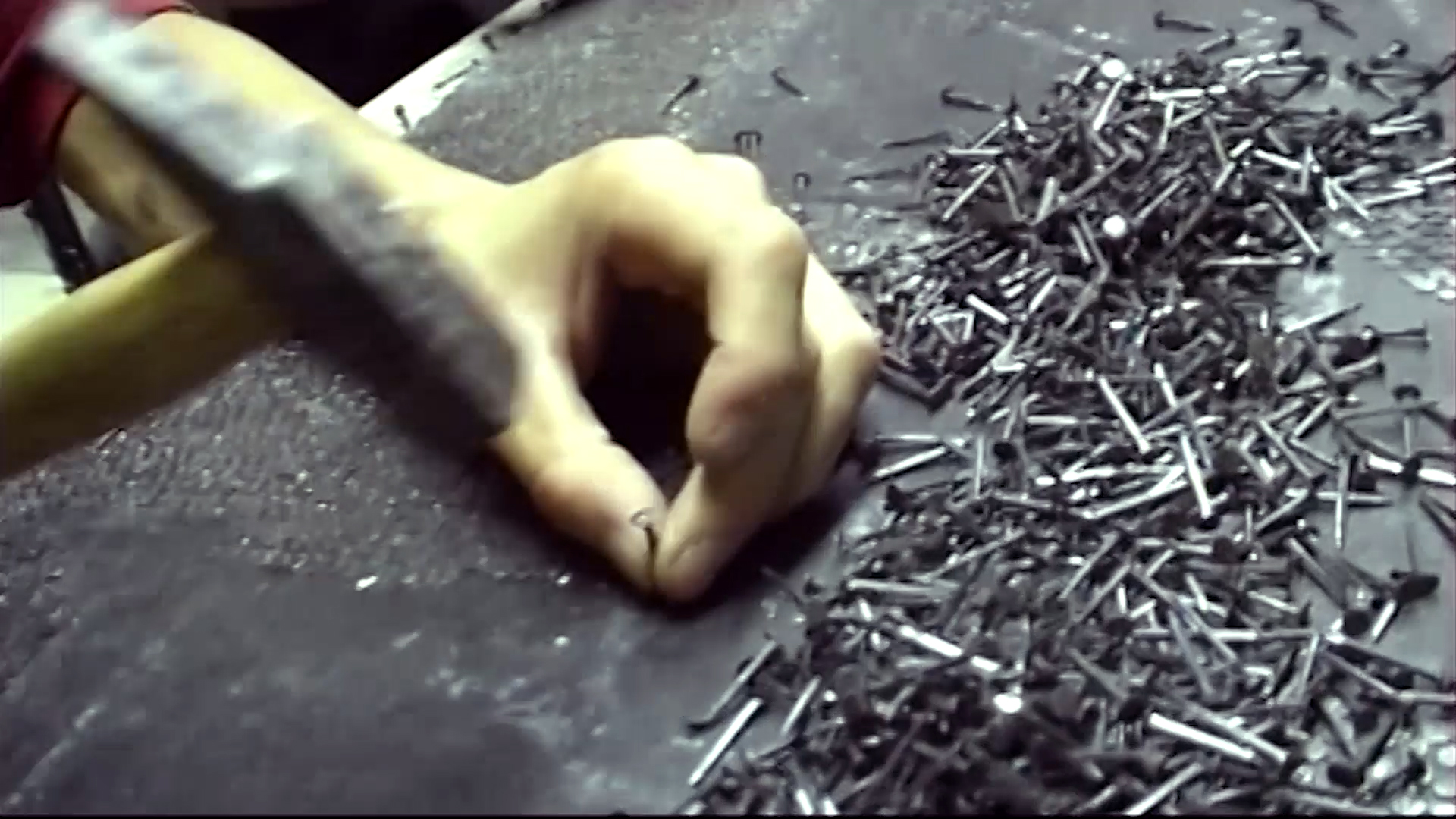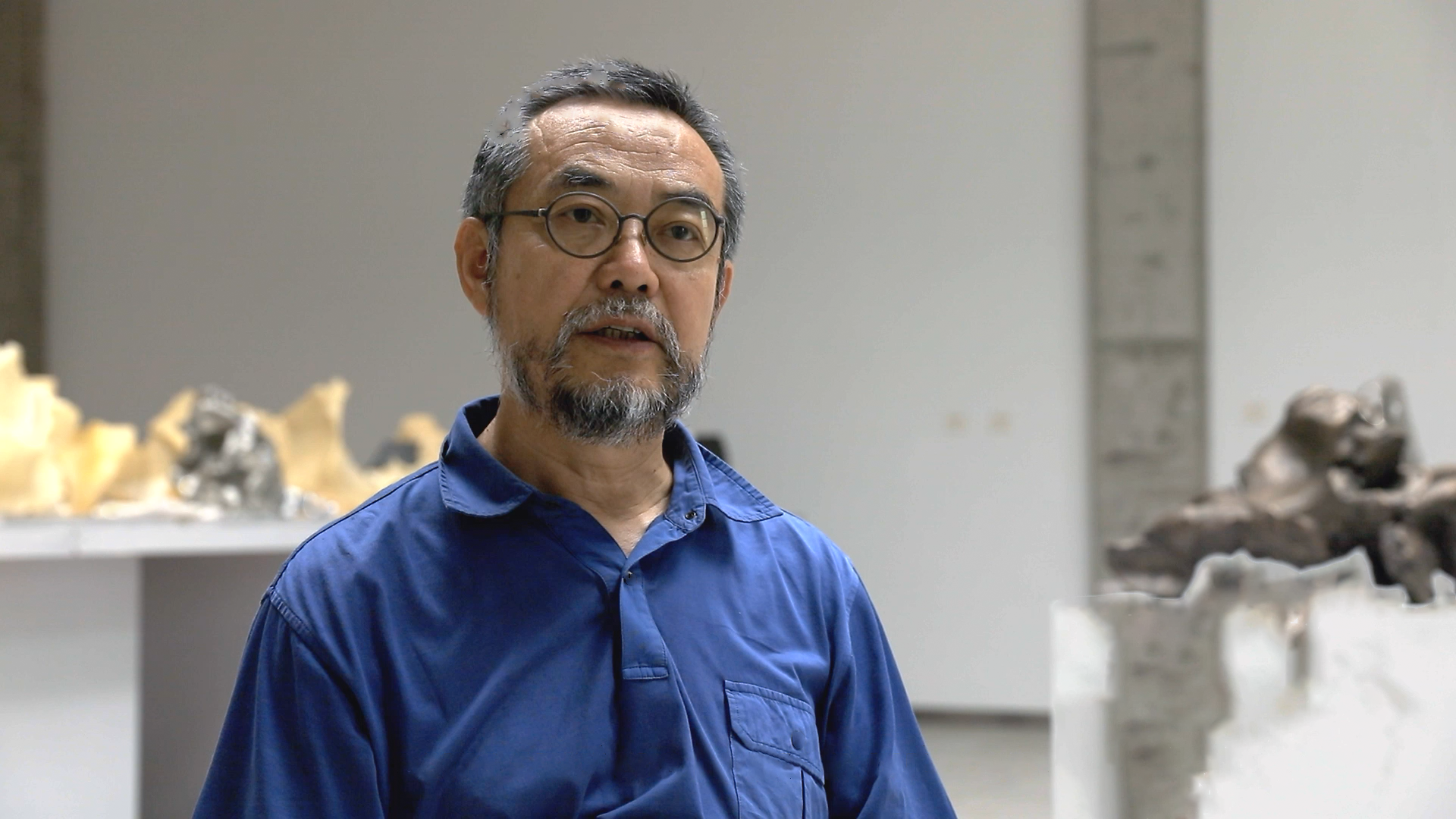Artist Profile
One of the most established sculptors working in China today, Sui Jianguo was instrumental in expanding traditional practices of sculpture by embracing new methods and materials, as first seen in his practice during the late 1980s.
Sui’s sculptural experiments focused on the tension between inner and outer structure as well as on the juxtapositions between different types of materials such as stone and metal. Seemingly abstract and non-representational, these sculptures—the result of intense, time-consuming labor—are in fact deeply related to the artist’s personal reflections and experience of historical events in China that took place during the late twentieth century.
The sculpture Kill is comprised of a single sheet of rubber with 300,000 nails driven through it. The artwork both exposes the incredible resilience of rubber as a material and demonstrates how abstracted forms can manifest broader political significance. Sui himself described it this way:
It surprised me that even a small piece of rubber can bear a great many nails without altering its shape and qualities. What is more, by incorporating so many nails into its own body the rubber sheet has changed from a passive and receptive object to an active and aggressive one. This makes me think about our nation and myself. All throughout this century—since the establishment of the PRC, the opening up after the Cultural Revolution, and the June Fourth Movement—the Chinese people have shown great strength of endurance. But pliability also means alienation; we all have this ability to survive.1
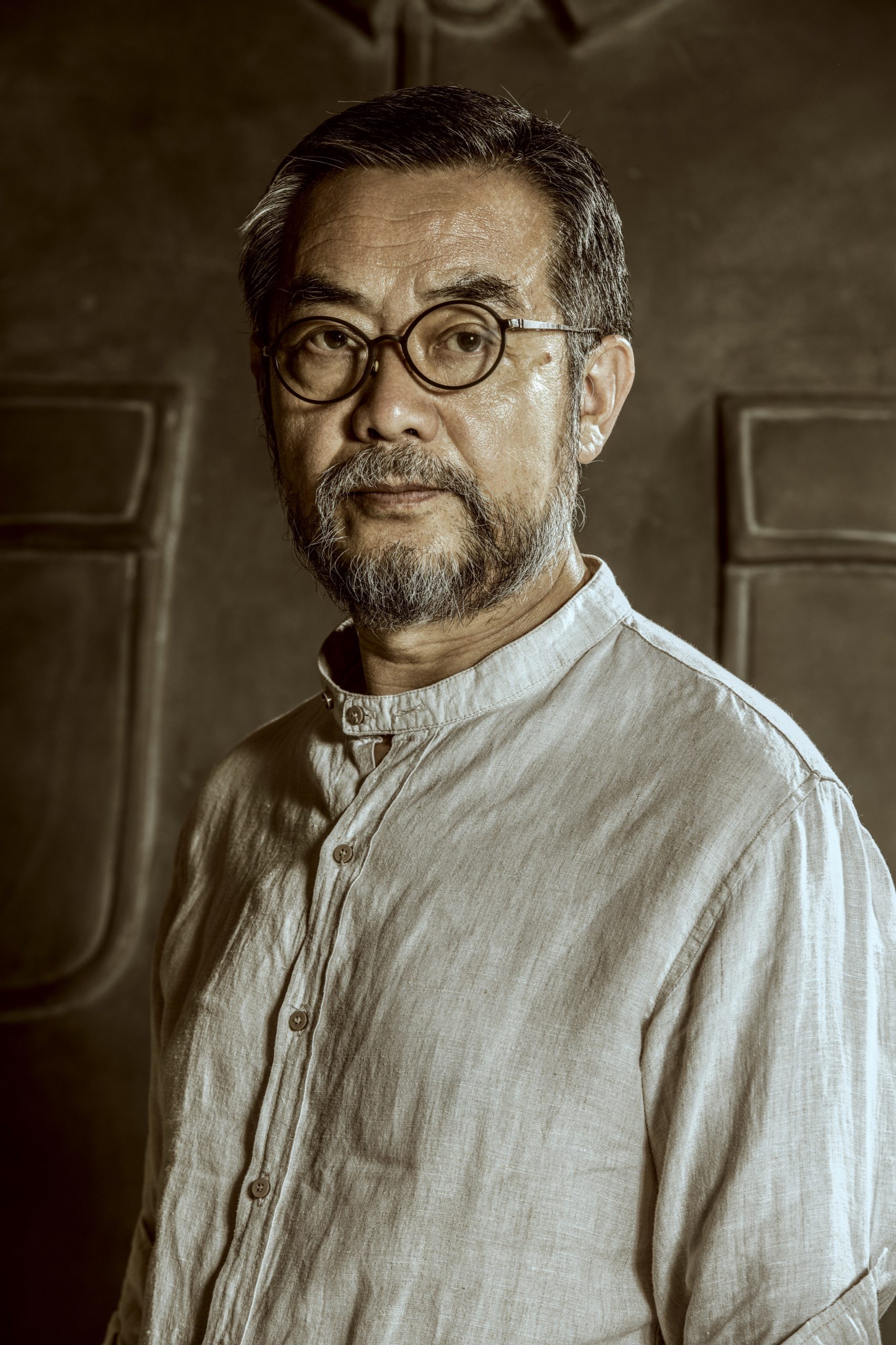
“Even a small piece of rubber can bear a great many nails without altering its shape and qualities.”—Sui Jianguo 2
Footnotes
- 1
Sui Jianguo, “Interview with Sui Jianguo, Beijing, November 10, 1996,” by Lui Xiaochun, in Meisu wenxian (Art literature), no. 8 (1997): 4, 8.
- 2
Ibid.
Works on View
Kill, 1996
Rubber and iron nails
Dimensions variable; unrolled: 354 3/8 x 24 3/8 in. (900.1 x 61.9 cm)
Collection of the artist, courtesy of Pace Gallery
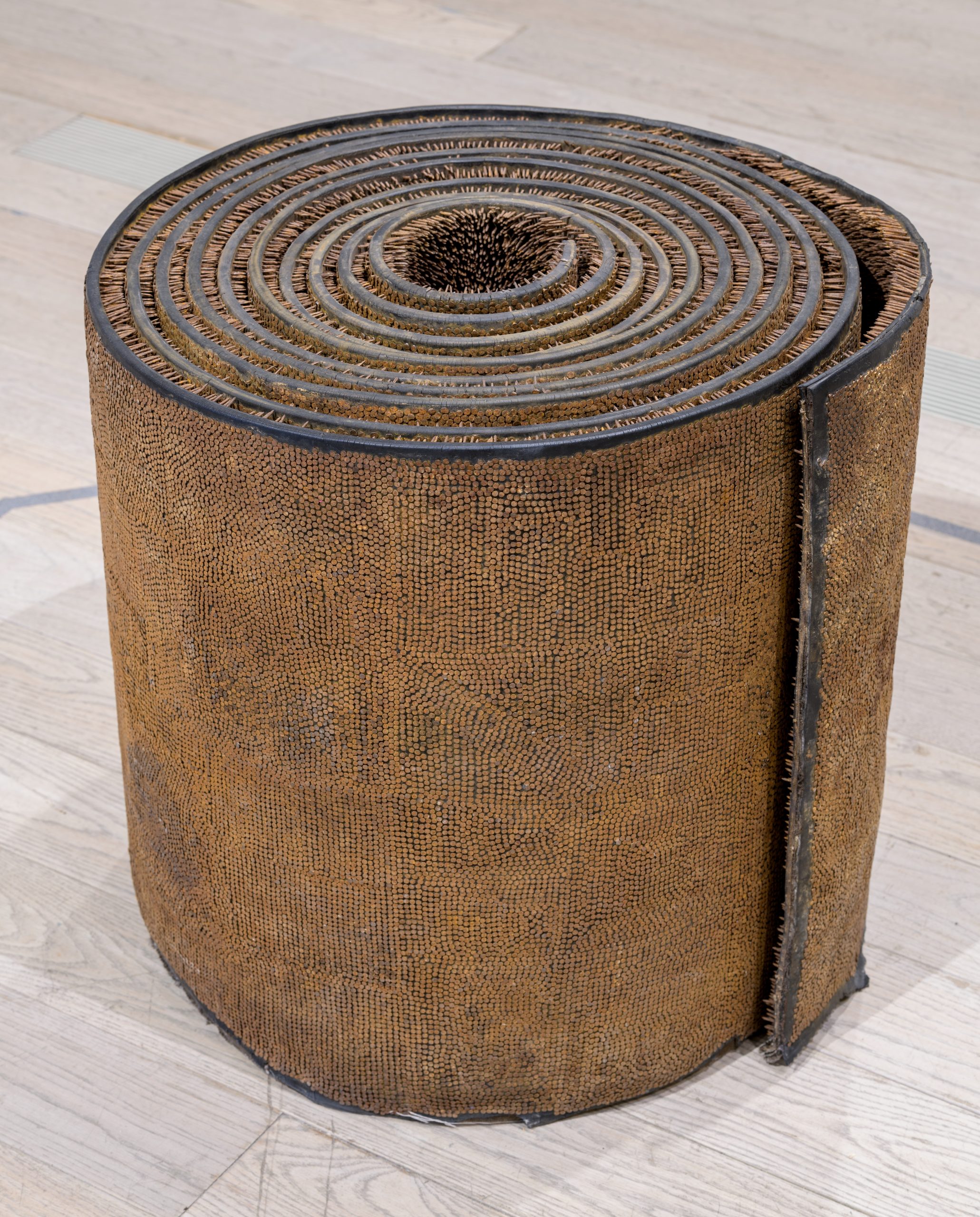
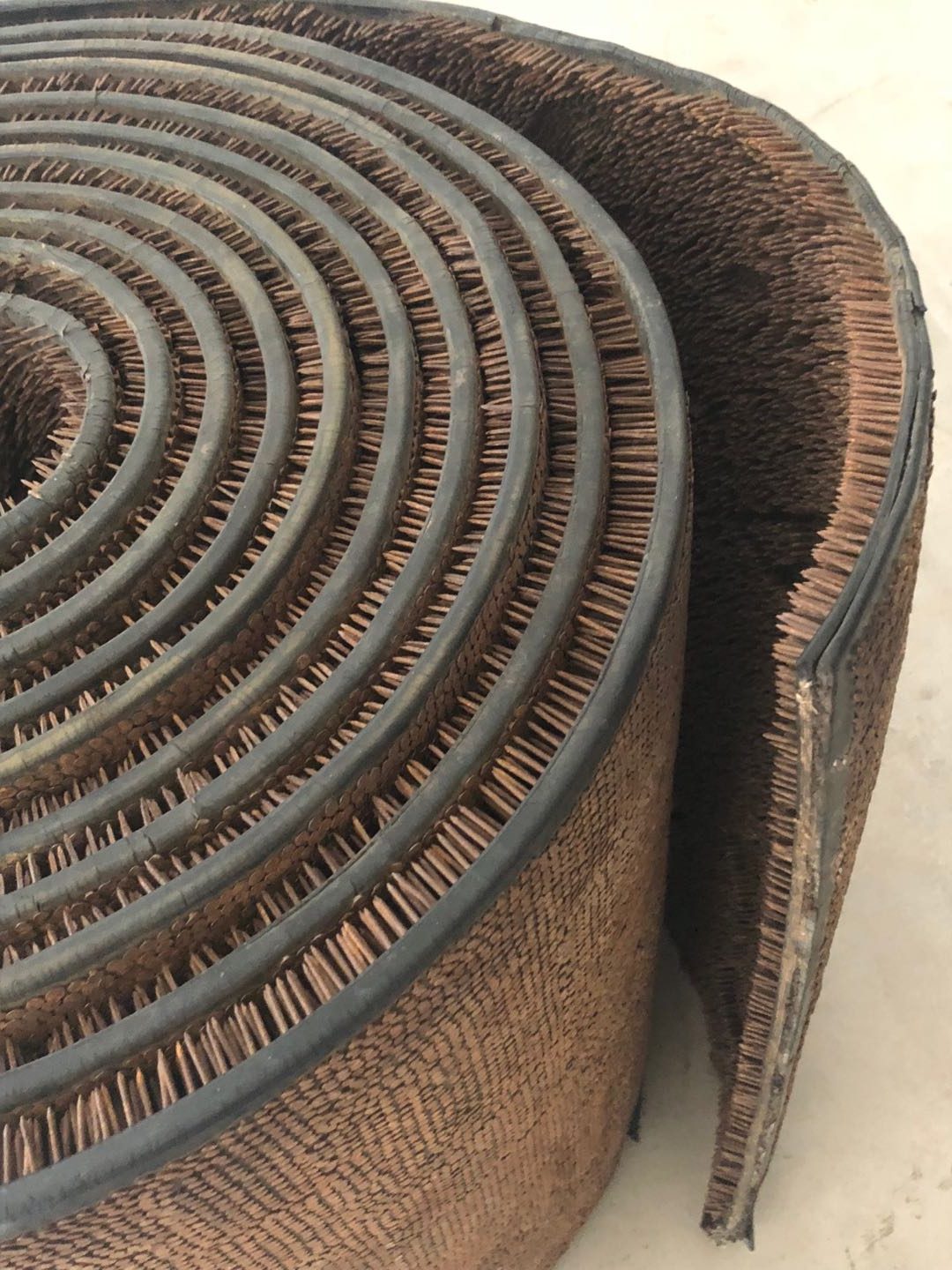
Working Process

